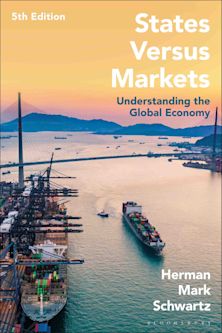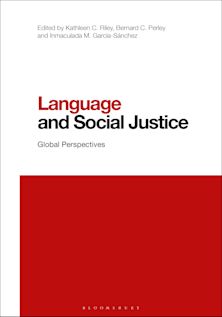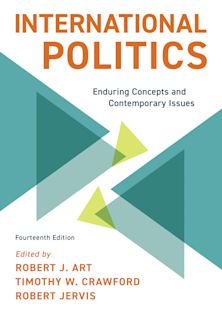This product is usually dispatched within 3 days
- Delivery and returns info
-
Free CA delivery on orders $40 or over
Description
Few names in American history are more recognizable than that of Daniel Webster. No one would deny that Webster’s substantive domestic achievements assured his prominent place in American history and that his virtual embodiment of nation and union guaranteed his rank among the most significant personalities of the Jacksonian era. It can, however, be argued that his domestic resumé that garnered him the title “Defender of the Constitution” is rivaled by an impressive international one that yielded far-reaching results for a nation still struggling to find a respectable position among the Atlantic powers. In fact, his adroit handling of his signature accomplishment with Lord Ashburton earned him the additional title of “Defender of Peace.” Webster’s foreign policy achievements are too often given short shrift, falling victim to the textbook author’s inclination to hold Webster to the dominant domestic narrative that would ultimately see the nation fractured. Donald A. Rakestraw focuses on Webster’s critical diplomatic efforts--efforts that produced a legacy that ranges from the delineation of America’s northeastern boundary with Canada to the prevention of a serious rupture with Britain; from the advancement of national commercial expansion in the Pacific and East Asia to the establishment of a long-lived model for U.S. extradition policy; from his successful intervention on behalf of the so-called “Santa Fe prisoners” in Mexico to his role in promoting a crucial Anglo-American rapprochement.
Table of Contents
Acknowledgments
Chapter 1: From the Valley to the Hill, 1782–1823
Chapter 2: Taking the National Stage, 1823–1839
Chapter 3: Taking the International Stage, 1839–1842
Chapter 4: From Webster-Ashburton to Wanghia, 1842–1843
Chapter 5: From State to the Senate and Back Again, 1843–1850
Chapter 6: Last Turn at the “Old High Table,” 1850–1852
Epilogue
Chronology
Notes
Index
About the Author
Product details
| Published | Jun 15 2019 |
|---|---|
| Format | Paperback |
| Edition | 1st |
| Extent | 224 |
| ISBN | 9781538158449 |
| Imprint | Rowman & Littlefield Publishers |
| Illustrations | 10 b/w photos; 2 maps; |
| Dimensions | 231 x 153 mm |
| Series | Biographies in American Foreign Policy |
| Publisher | Bloomsbury Publishing |
Reviews

ONLINE RESOURCES
Bloomsbury Collections
This book is available on Bloomsbury Collections where your library has access.



































